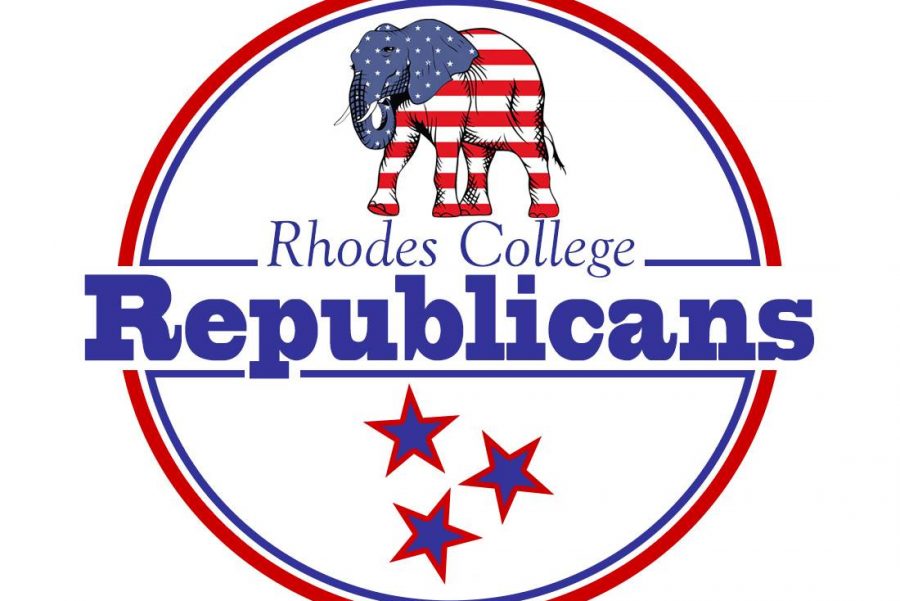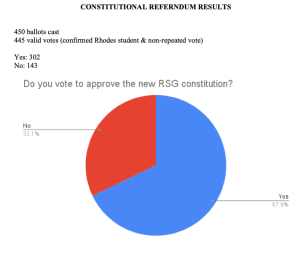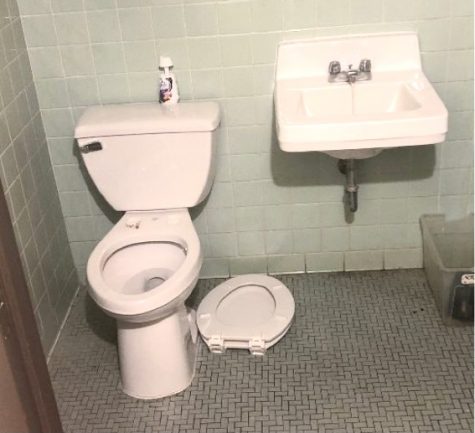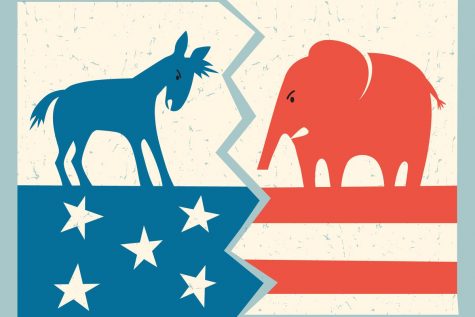Rhodes College Republicans: both parties ought to improve negotiation tactics
January 30, 2019
Last week, President Trump reached a temporary agreement to re-open the federal government through early February. Those who were paying close attention noted that the shutdown in January was the longest government shutdown in history. One point, perhaps that has been lost to political commentators on either side of the aisle, should be emphasized: no one wishes for the government to be shutdown. Despite what many skeptics might think, President Trump likely did not swear his oath of office thinking or wanting the government to be shut down under his tenure. Republicans and Democrats across the board, including Tennessee’s senior senator Lamar Alexander, decried the shutdown from day one: “Shutting down the government is not a demonstration of skill or courage. It’s a demonstration of incompetence, a failure by negotiators” (Alexander, 2019).
Thankfully, government workers will have the opportunity to return to work and receive the paychecks that they deserve. In order to avoid the same scenario happening again in two weeks, our leaders should seek to excel in the art of negotiation; it is the standard we should hold them to. President Trump’s reopening of the government came with a request of Congress to seriously debate the merits of border security and come to the negotiating table in good faith. House Speaker Nancy Pelosi and Senate Democratic Leader Chuck Schumer do so, at least in an effort to arrive at some form of consensus. Like Senator Alexander said, to not do so would be a demonstration of incompetence and a failure by negotiators.
President Trump’s claim is not one made on outlandish ideas or a manufactured crisis: both parties have argued for increased border security whenever a member of their party has held the presidency. Both President Obama and President Trump have voiced, while they were each in office, that a humanitarian crisis exists on the southern border. Efforts to try to address that crisis, rightfully, should take many forms. Increased border security agents, better technology, and more funding are all needed; in addition, as President Trump requested, part of that solution involves improving the already existing physical infrastructure at the border. Often throughout our history, Presidents’ legislative agendas have come with large costs – take for example FDR’s New Deal, or LBJ’s Great Society programs. In both cases, congress came to the negotiating table and accommodated the wishes of the chief executive. This time in our history requires the same level of open-mindedness and deliberateness of the side of the democratic party.
What congressional leaders on both sides cannot afford to do is remain in gridlock. Innovative solutions must be created to solve problems that negotiators have. On the issue of funding, for example, there are ways to fund an expansive border security package without having to directly include taxpayer funds. Senator Cruz of Texas introduced legislation to remedy that concern, which would allow the U.S. government to divert the seized assets of El Chapo, and their net value (which would exceed the amount needed to pay for border security) to avoid Congress having to directly appropriate the money from the taxpayer budget. Other innovative solutions to concerns like that have been posed by congressional Republicans as well. It’s the responsibility of our leaders to engage in a thorough, open-minded dialogue to try and come to a point of resolution. That point of resolution cannot be to demand the President abandon his legislative agenda: that will not happen. If both parties do not negotiate in good faith, we will likely see a renewed government shutdown in the near future.














